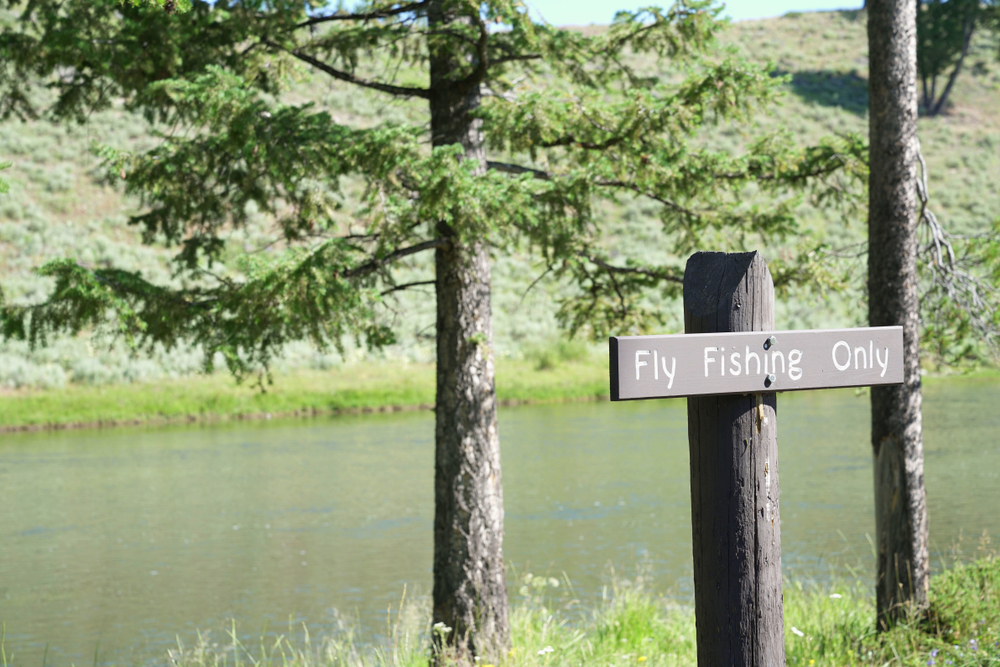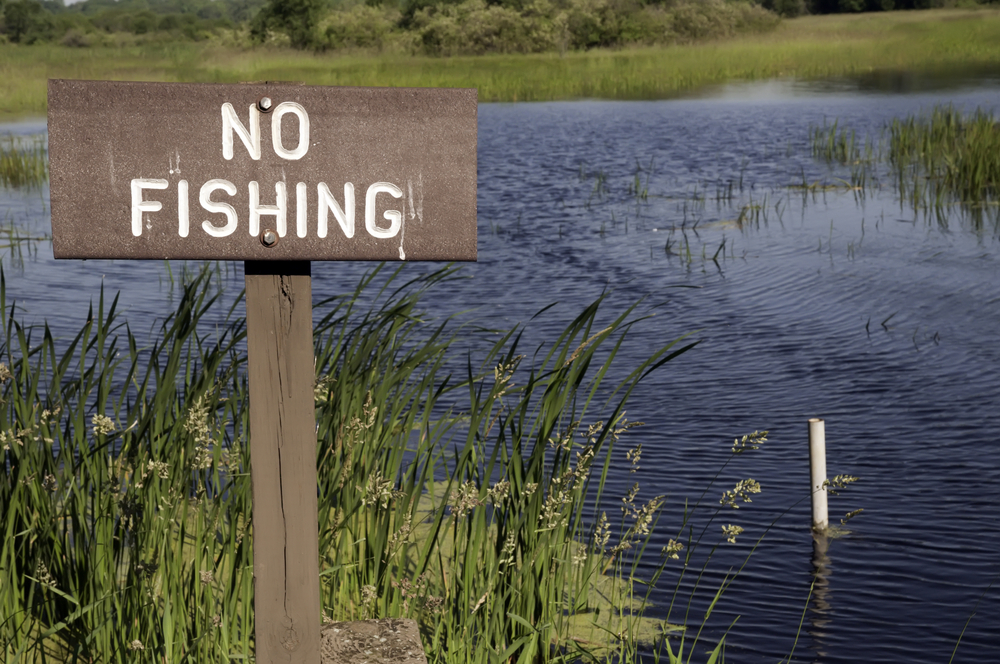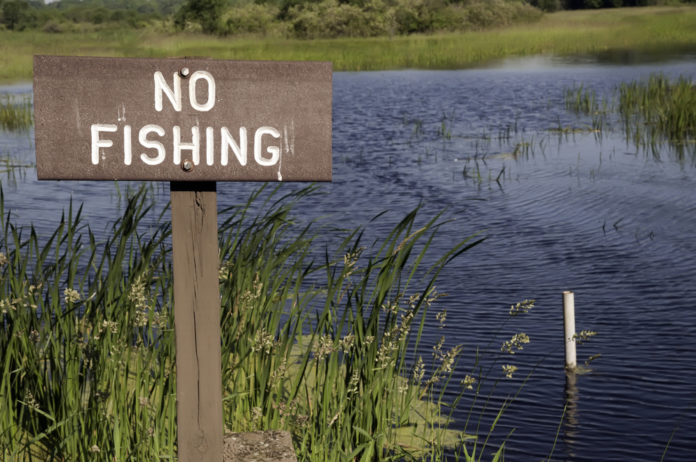Why Do We Have Fishing Regulations?
Atlantic Cod have become endangered in Canada due to a lack of strict fishing regulations.
Many new anglers may not realize that the sport of fishing actually has quite a few regulations and there are very definite reasons for this. Fishing was a very important way that ancient peoples were able to feed themselves and has long been considered a right of the human species, but recently fishing has become more of a sport and leisure-time activity.
The changes in the reasons for why we fish have led to changes in the way we fish. Since there are so many people now who are able to buy all the right equipment, it means there are many more of us out there on the water. Hence the establishment of some rules of engagement.
Can you imagine if you went to fish one day and all the fish were gone?
Without the right kind of reservations this could be a reality and you might be surprised to learn that even in the 18th and 19th centuries this was indeed a problem for certain species of fish. Consider whaling or shark hunting, which is a long dead type of fishing in most countries. When the environment can’t support human demands upon it, the species disappear.
Anglers tend to be among the most conservation-oriented of all citizens, for the most part, but there are those who would simply take what they can. That’s why the laws have been established so that we all get to keep on fishing for generations to come.
How Do I Find Out The Fishing Regulations Where I Plan To Fish?

One of the first things that you should always do when you plan to fish in a new area is learn about what types of regulations are in place. Those who are going to be fishing on Lake Erie, for example, will want to know the Lake Erie fishing regulations. This is because there may be different national, state or local laws that need to be followed. There are often specific protections that can affect when we fish. You may need to know if there are particular seasons when a certain type of fishing is or is not allowed. You may need to find out if there are particular rules governing what sort of equipment is allowed.
In general, always check the regulations first.
Keep in mind, each place may have its own set of guidelines you will need to follow. This means that if you are in the US, you will look up different states (sometimes using acronyms such as NC, NJ, PA or MN help when searching online), but if you visit the neighboring country to the north, then Canada fishing regulations are what you want to look for. There will also be offshore fishing regulations that one must follow if they plan to fish in coastal waters where nations, states or provinces still maintain control via a Coast Guard force. Knowing these is crucial since it could be an unpleasant event to be hailed by a the authorities and questioned or even arrested at sea for violating crucial regulations.
In Canada, you will need to perform a similar search depending on the province. You might look into Ontario fishing regulations, or if you might be doing saltwater and freshwater types of fishing then B.C. fishing regulations will be important to you.
Do Fishing Regulations Apply For Every Kind Of Fish?
Generally speaking, yes there will be different regulations which affect different types of fish so it is crucial to get to know these for the area that you plan to fish. Remember, first get the regulations for the specific area and then check into the particular fish species.
Many lakes require a fish to be a certain length before you can legally take it home.
Trout fishing regulations are going to be a little bit different than salmon fishing regulations, even though both of these fish are commonly found in North American rivers. Many times, salmon will be limited in the number you can catch, like certain species of trout, but since salmon are an ocean going fish species they are often more carefully regulated.
When it comes to freshwater fishing regulations, obviously there will be protections made for certain types of fish that are a primary source of revenue for certain local economies. Bass fishing regulations are a standard part of prime fishing lakes in the southern US and many other top bass fishing locations. These sportfishing regulations are crucial to conserving the local bass populations, which often serve as key parts of the local economy during tourist seasons and also for tournament purposes.
Those fishing in the northern states and Canada need to pay special attention to ice fishing regulations for two reasons: the first is that the fish are being fished during a season that is not typical in the rest of the country (where the fish are given a break when it gets cold) and also because there are a variety of safety risks involved in ice fishing.
Those heading out to sea will need to check up on the salt water fishing regulations. It is not only the coastal regions that matter, these regulations can affect deep sea fishing too because there are grouper fishing regulations that are intended to help preserve these enormous fish in their native habitats.
What Happens If We Violate Fishing Regulations?

Conservation Officers check to make sure anglers are following regulations. Be sure to follow the rules.
The penalty for being caught violating a fishing law can vary and it is dependent upon the nature of the crime. Sometimes a small fine is charged, but other times one may be stripped of their right to fish or have their equipment – and even boat – confiscated. There are certain fishing crimes that can involve court hearings and potential sentences for community service or even jail time. Severe felonies are definitely possible for those violating the Endangered Species Act and similar laws, as well.
Please take fishing regulations seriously to help us all preserve this sport we love.
Do Fishing Regulations Ever Change?
The short answer is yes. If you are thinking you know the laws backwards and forwards, check out the 2010 fishing regulations anyways because they can change from one year to the next. Never assume, always verify.








